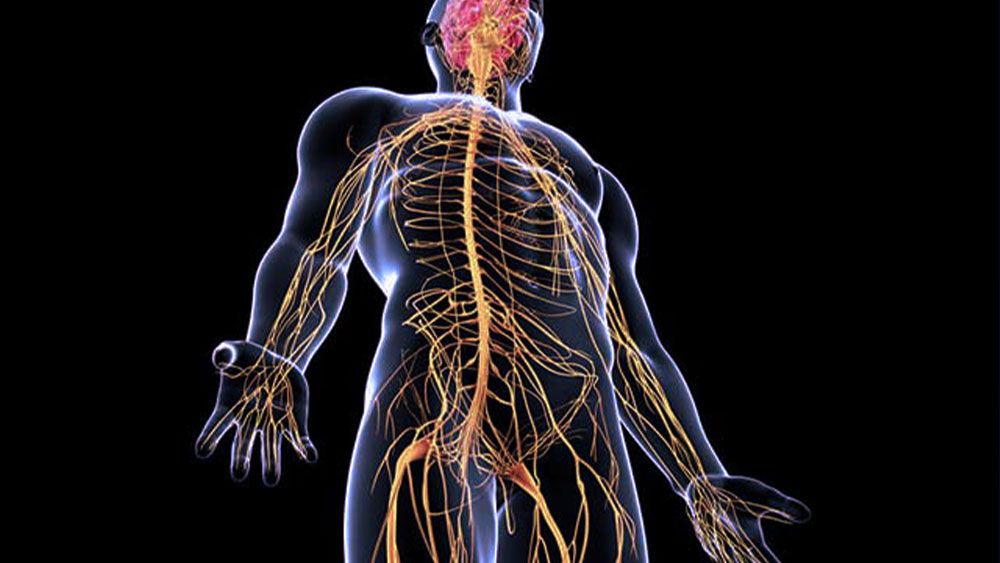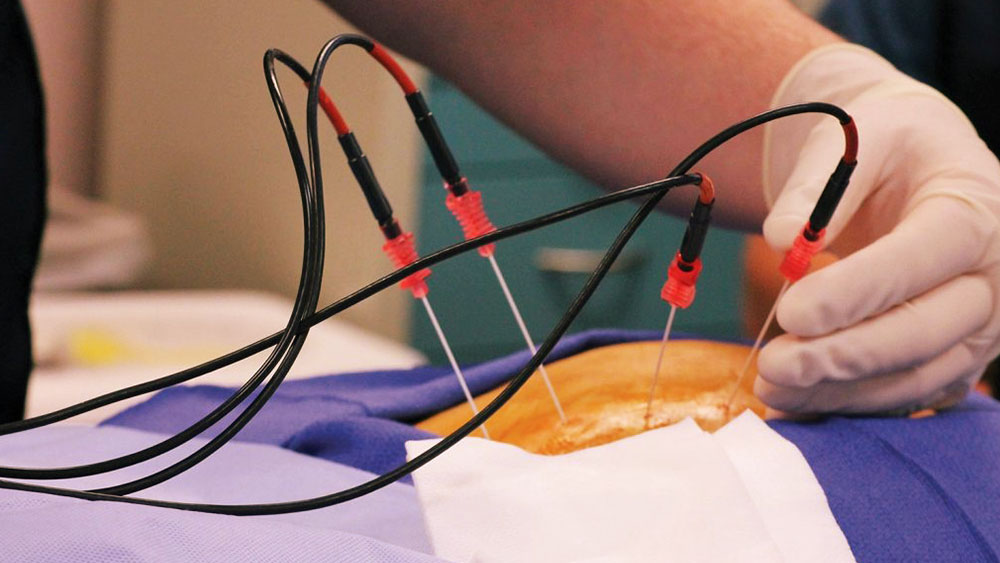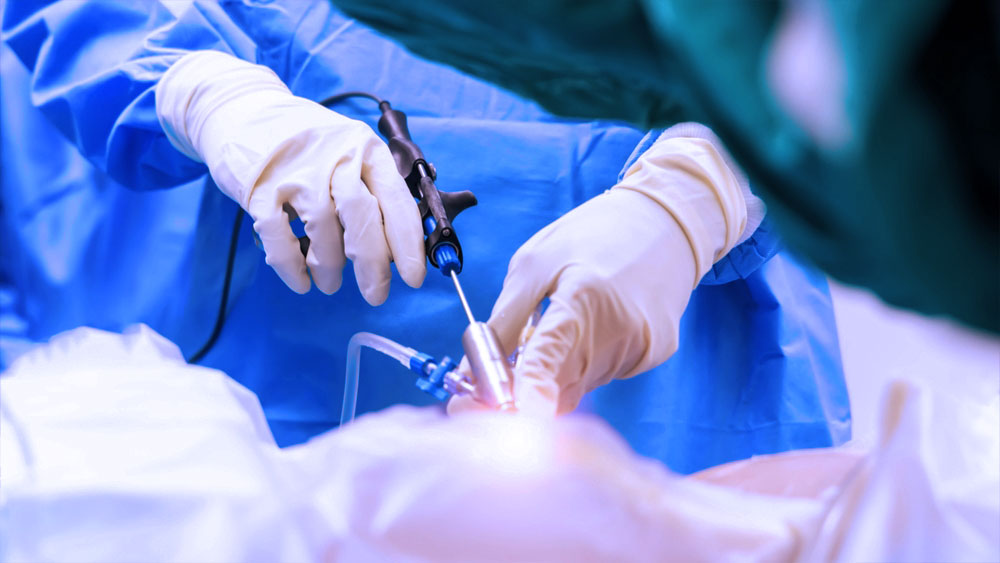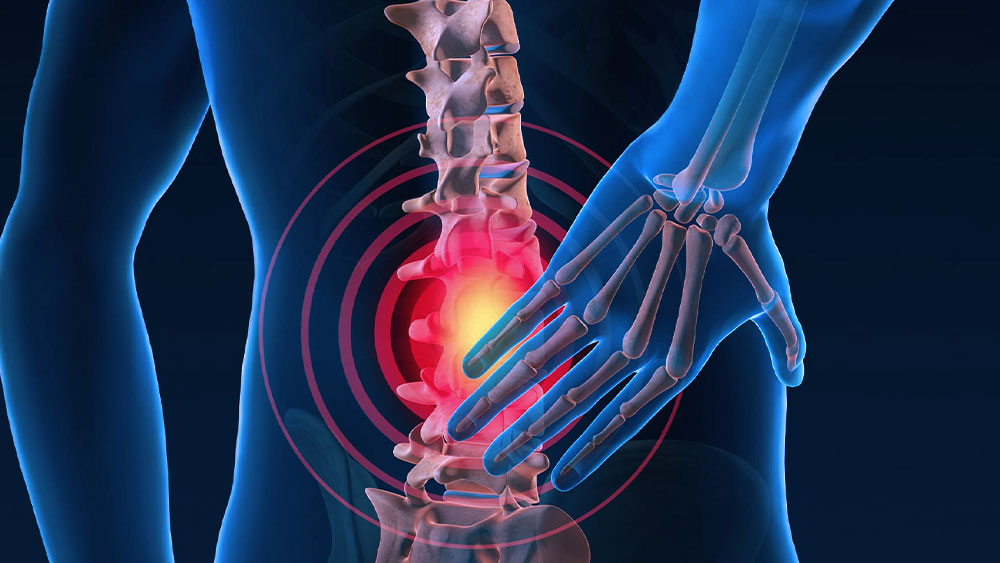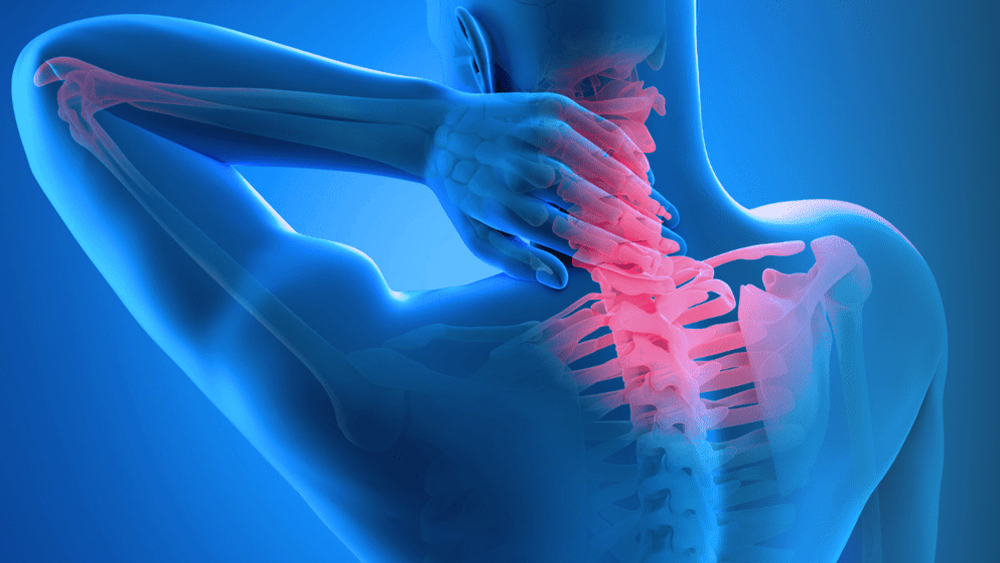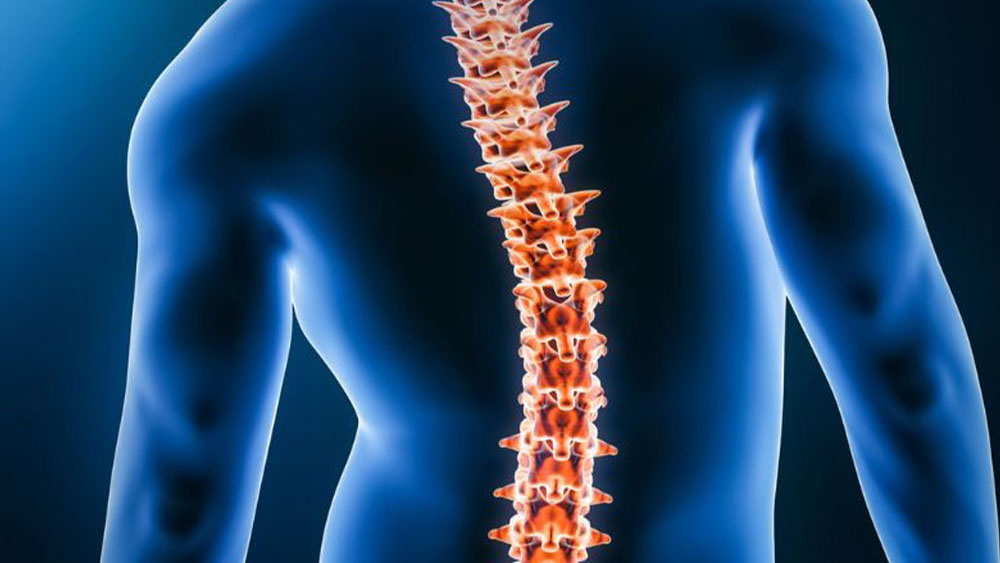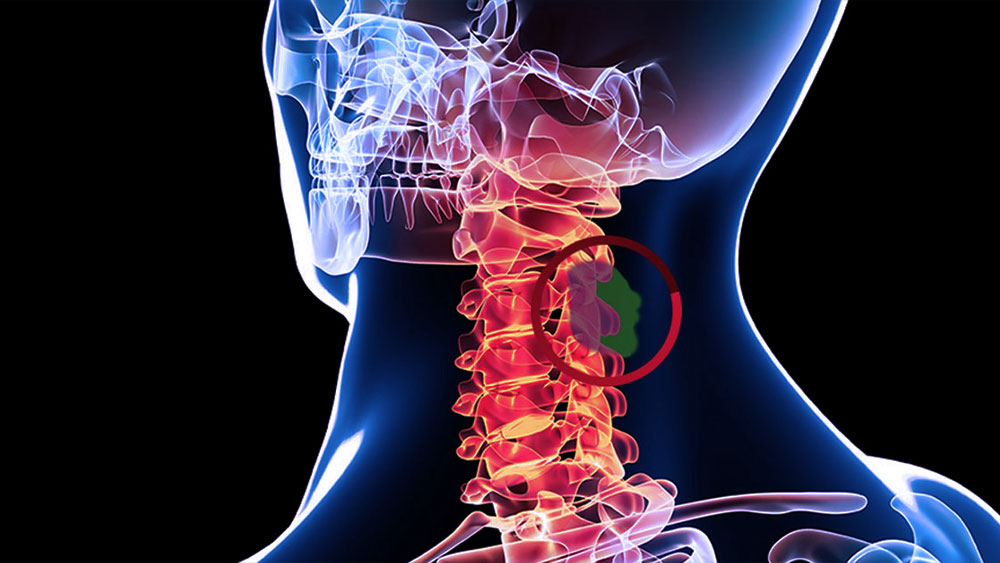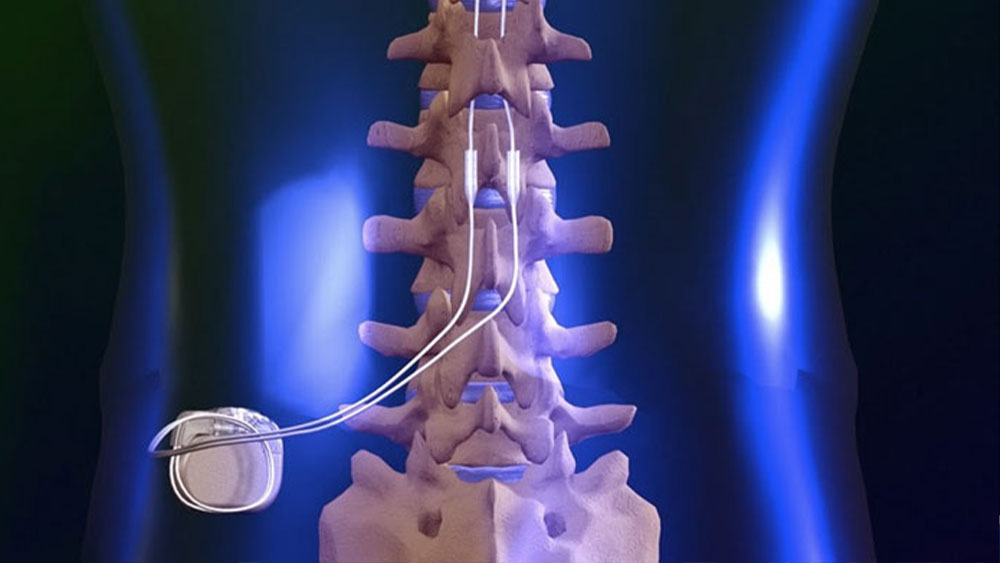Peripheral Nerve Surgery
Peripheral nerves are the nerves outside the brain and spinal cord. They control muscle movement and sensation in the arms, legs, hands, and face. When these nerves are injured or compressed, they can cause pain, numbness, weakness, or even loss of function. In many cases, peripheral nerve surgery can restore movement, reduce pain, and improve quality of life.
When Is Peripheral Nerve Surgery Needed?
Surgery may be recommended if:
- There is a nerve injury due to trauma, accident, or cut
- Symptoms like numbness, tingling, or weakness do not improve with rest or therapy
- A nerve is compressed by surrounding tissue (e.g., in carpal tunnel syndrome)
- There is a nerve tumor, such as a schwannoma or neurofibroma
- The nerve is causing chronic, treatment-resistant pain
Early diagnosis and intervention are key to preventing permanent nerve damage.
Common Conditions Treated
- Carpal Tunnel Syndrome
- Ulnar Nerve Compression at the elbow
- Brachial Plexus Injuries (nerve damage in the shoulder/neck area)
- Peripheral Nerve Tumors
- Traumatic Nerve Cuts or Crush Injuries
- Entrapment Neuropathies
What Happens During Surgery?
Peripheral nerve surgery is tailored to the specific problem. It may include:
- Nerve decompression – relieving pressure around the nerve
- Nerve repair or grafting – reconnecting or replacing damaged nerves
- Neurolysis – removing scar tissue or adhesions around the nerve
- Nerve transfer – rerouting a healthy nerve to restore movement in a paralyzed area
- Tumor removal – safely excising benign or malignant nerve tumors
Most procedures are done under regional or general anesthesia, and many are minimally invasive.
Recovery and Results
- Many patients go home the same day
- Recovery times vary from weeks to months, depending on the nerve and extent of repair
- Physical therapy often helps regain strength and function
- In most cases, pain is reduced and sensation or movement improves over time
Benefits of Peripheral Nerve Surgery
- Relief from chronic pain, numbness, or tingling
- Restoration of movement and muscle control
- Improved quality of life and independence
- Prevention of permanent nerve damage
Is It Right for You?
If you have symptoms of nerve injury that are not improving, surgery might be the next step. A thorough evaluation by our team of neurosurgeons can determine the best approach.
Our team offers advanced surgical care for peripheral nerve conditions, with a focus on functional recovery, pain relief, and patient comfort. Contact us to learn more or book a consultation.

